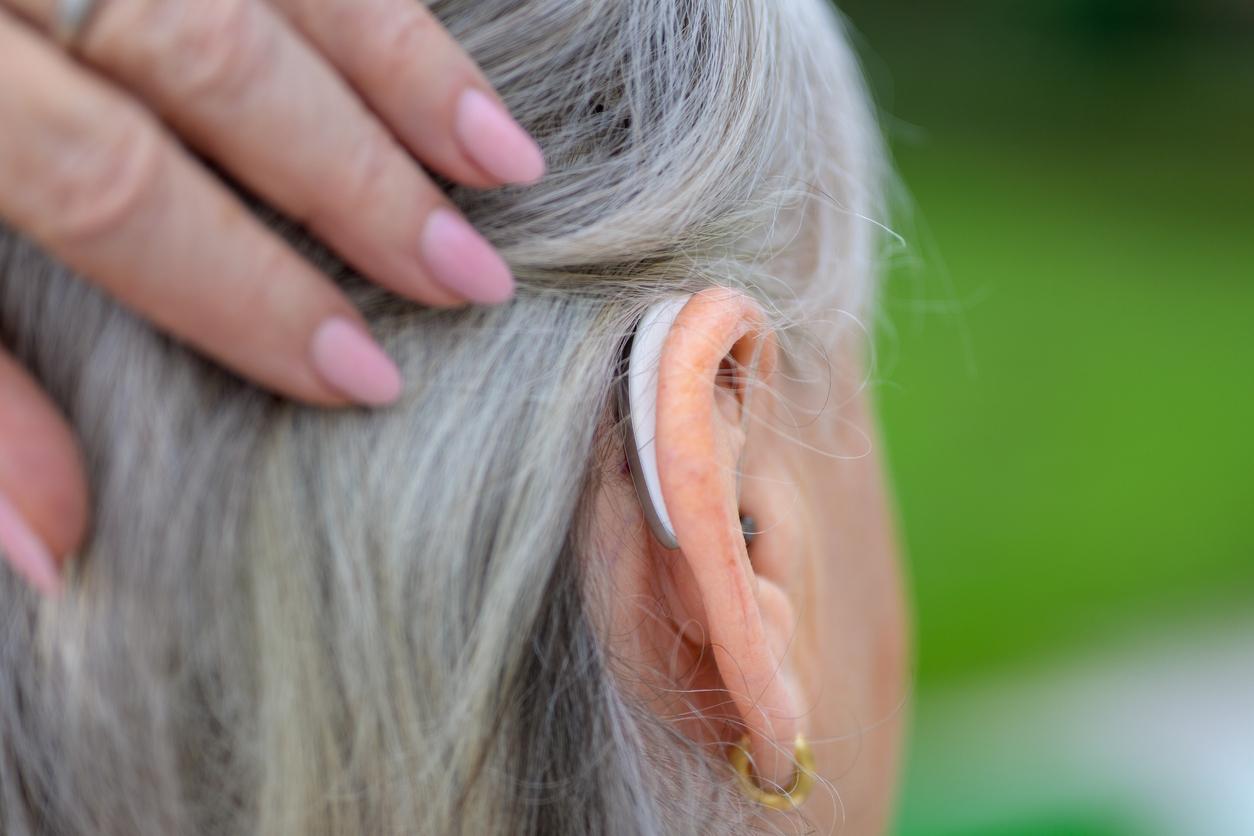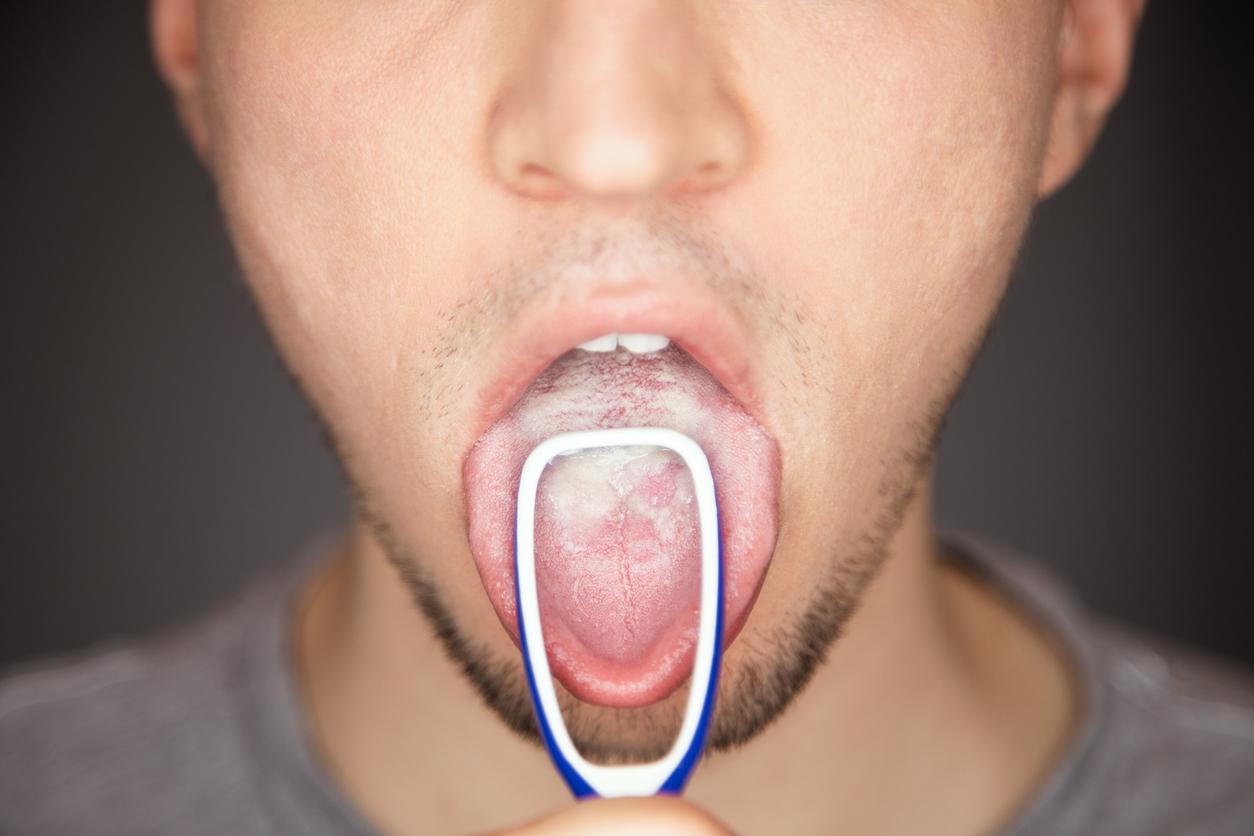New research from the University of South Australia shows pets can play a crucial role in improving communication and well-being for people with aphasia, a language disorder after brain injury .

- According to a study from the University of South Australia, having a pet can promote communication and well-being in people with acquired language difficulties such as aphasia.
- The beasts boost patients’ self-confidence and provide them with companionship when feeling down.
- Further research will be conducted to see how speech therapists can use the presence of animals in the care of people with aphasia.
In France, more than 300,000 people suffer from aphasia, with 30,000 new cases recorded each year. It is a total or partial loss of language, which can occur following a brain injury. The difficulties has communicate from these patients can lead to social isolation and loss of self-confidence. To counter them, they should get a pet, according to a new study.
Aphasia : pets help improve communication
Work presented by the University of South Australia highlights the beneficial role of animals for people with aphasia. Whether furry, feathered or scaly, they provide constant presence and emotional support, which can help patients feel more relaxed and improve their well-being. Additionally, having their pet by their side can also build patients’ confidence in social situations, promoting better communication.
The research student, Charlotte Michard, who worked on this study explains in a communicated published at the end of July: “People whose communication skills are affected can feel quite isolated and alone. But a pet – whether it’s a dog, a cat, or even a fish – can give them purpose and presence. This is especially valuable for people who feel isolated due to their condition.”
She also notices that a pet is also “a non-judgmental communication partner, offering friendship without expectations. In fact, one of the most common phrases we heard was: my pet doesn’t care if I can’t speak properly, he still loves me.”
THE pets, help with speech therapy sessions?
For the team, this work paves the way for future research on the link between pets and health in speech therapy. In the future, she hopes to determine how speech therapists can use companion animals in therapy to improve the communication skills and quality of life of people with aphasia.
The principal researcher and speech therapist, Professor Maria Kambanaros precise : “Beyond this, we are also exploring the impact of pet ownership on the well-being of people with different acquired neurological disorders, such as Parkinson’s disease.”

















